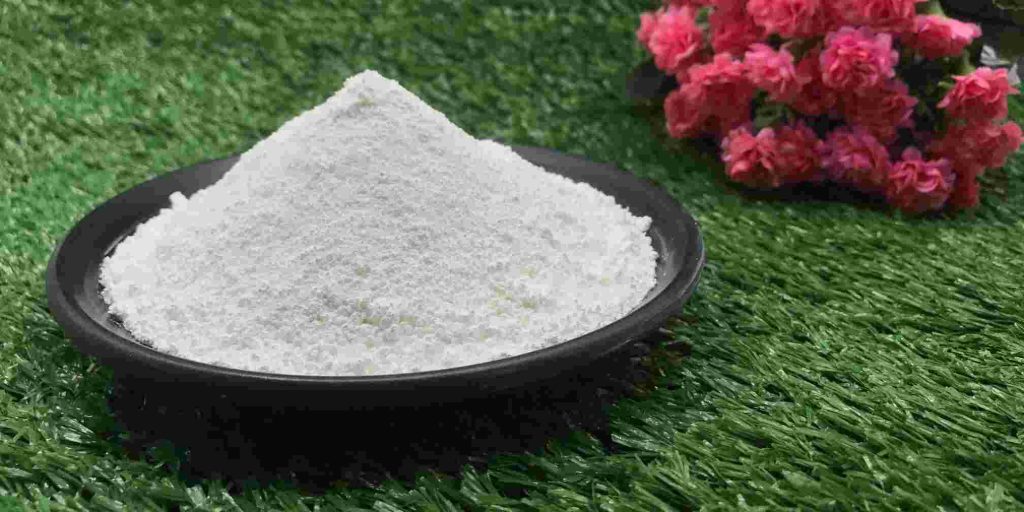How does barium sulfate play an important role in battery production?

The main component of barite is barium sulfate (BaSO4), and its most well-known uses are oil drilling mud weighting agents, barium chemicals, and raw materials for nuclear radiation protection.
Barium sulfate has the advantages of strong chemical inertness, good stability, acid and alkali resistance, moderate hardness, high specific gravity, high whiteness, and the ability to absorb harmful rays. It is an environmentally friendly material. High-purity nano barium sulfate not only has the uses of ordinary barium sulfate, but also has other special uses. For example, it is widely used in industrial sectors such as coatings, papermaking, rubber, ink, and plastics.
Barium sulfate also has an important use – the most commonly used inorganic expander in battery manufacturing. As a basic, renewable and recyclable new energy, batteries are widely used in various fields such as transportation, communications, electricity, railways, national defense, computers and scientific research.
As a new energy mineral, barium sulfate plays a very important role in battery production. The main reason for the shortened battery life is: sulfation of the negative plate of the battery. Therefore, in lead-acid batteries, the main role of barium sulfate is to enhance the activity of the negative plate, prevent the plate from hardening, and extend the service life of the battery.
In the negative lead paste of the battery, precipitated barium sulfate with excellent filling properties and stable properties is generally used to reduce the degree of sulfation of the negative electrode of the battery. The reasons are as follows:
1. Barium sulfate and lead sulfate have the same lattice structure, which is conducive to the lead sulfate (PbSO_4) produced by the negative electrode of the battery with the help of barium sulfate (BaSO4) to be evenly distributed in various positions of the plate, thereby inhibiting irreversible sulfation and extending the life of the battery.
2. The precipitated barium sulfate has a small particle size and good dispersibility. Experiments have shown that in the absence of agglomeration, the smaller the particle size of barium sulfate, the lower the degree of sulfation of the negative electrode of the battery.
3. Precipitated barium sulfate is of high purity, contains almost no iron, and is not easy to discharge. When the battery is discharged, PbSO4 can have more crystal centers, better prevent the lead specific surface area from shrinking, enhance the activity of the negative electrode plate, prevent the plate from hardening, and extend the service life of the battery.
4. Barium sulfate is extremely inert and does not participate in the redox process of the electrode. It mechanically separates lead from lead or lead sulfate, thereby maintaining a well-developed specific surface area of the electrode material.
